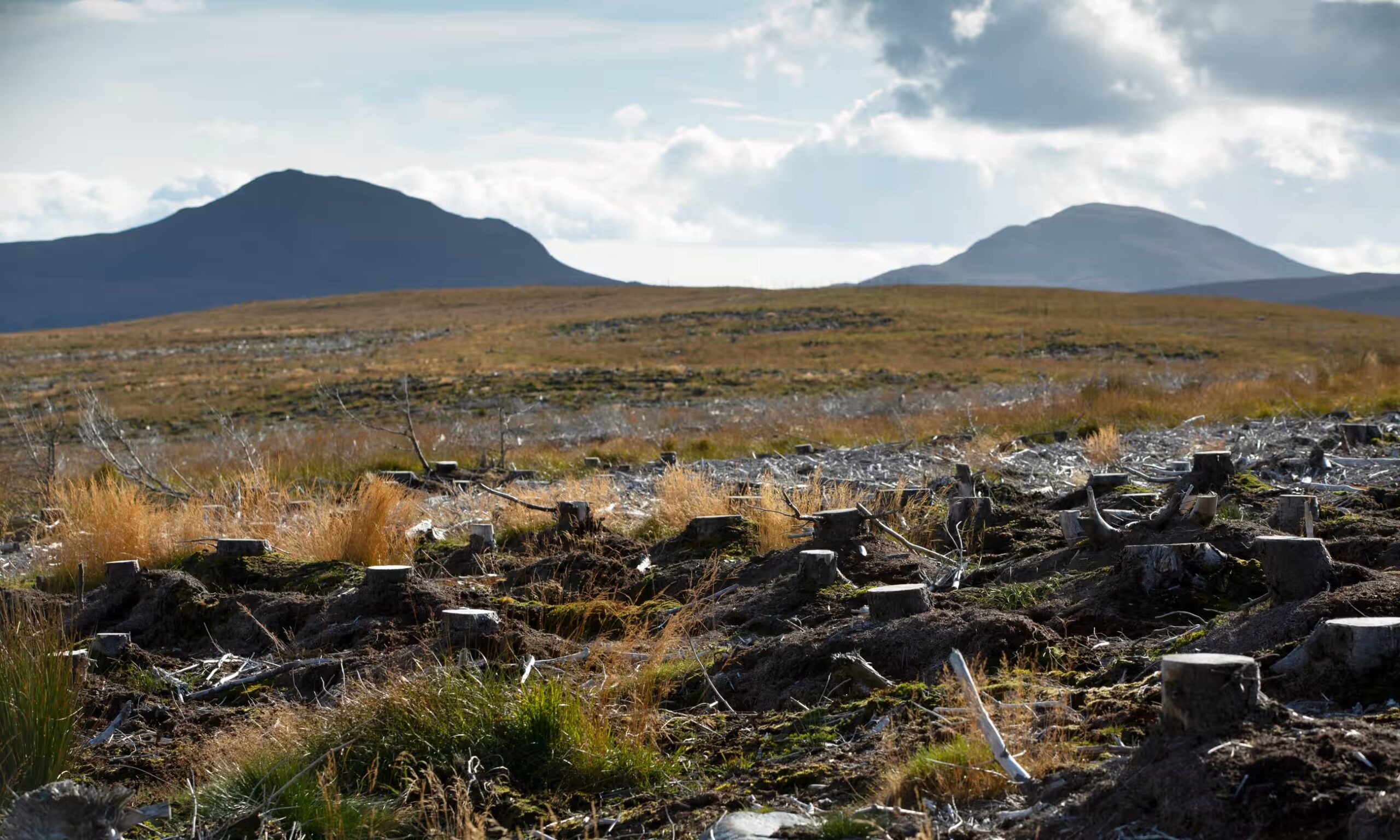Nature campaigners are urging UK taxpayers to take an active stake in forest and peatland projects intended to capture and store carbon, opposing the current system in which private investors reap the majority of profits from carbon credits. The Revive Coalition, a consortium of Scottish land reform and conservation charities, has issued a report highlighting the need for substantial improvements in the UK’s carbon market to drive greater demand and help meet the UK’s net zero targets.
The report argues that present policies aren’t restoring nature quickly enough. Due to overgrazing and deforestation, many upland areas are severely degraded, making Scotland one of the most nature-depleted regions globally. To address this, the coalition recommends stronger regulation of the carbon market and urges state-owned banks to participate, ensuring that carbon credit profits are shared somewhat with the public.
Currently, corporations, investment firms, and pension funds leverage carbon credits—compensating each tonne of CO₂ absorbed by forested or peat moorlands—to offset emissions and provide investment returns. This demand has driven up land prices across Scottish uplands and Highlands, with prominent firms like BrewDog, Standard Life, Gresham House, and Aviva acquiring land for forest planting to offset carbon emissions. However, the market’s growth has slowed as investors question the financial viability of UK-based carbon projects compared to other investment options, citing concerns that current offsetting projects in the UK are too small to attract major players.
Despite the rising interest in carbon credits, only 124,000 hectares of UK land is dedicated to woodland and peatland under carbon certification (with 103,300 ha in Scotland), representing a small portion of the nation’s land area. The coalition’s call for reform aims to broaden access to the carbon market and ensure it aligns with both environmental and public benefit goals. Read More
News Credit: The Guardian
Picture Credit: Murdo MacLeod/The Guardian



